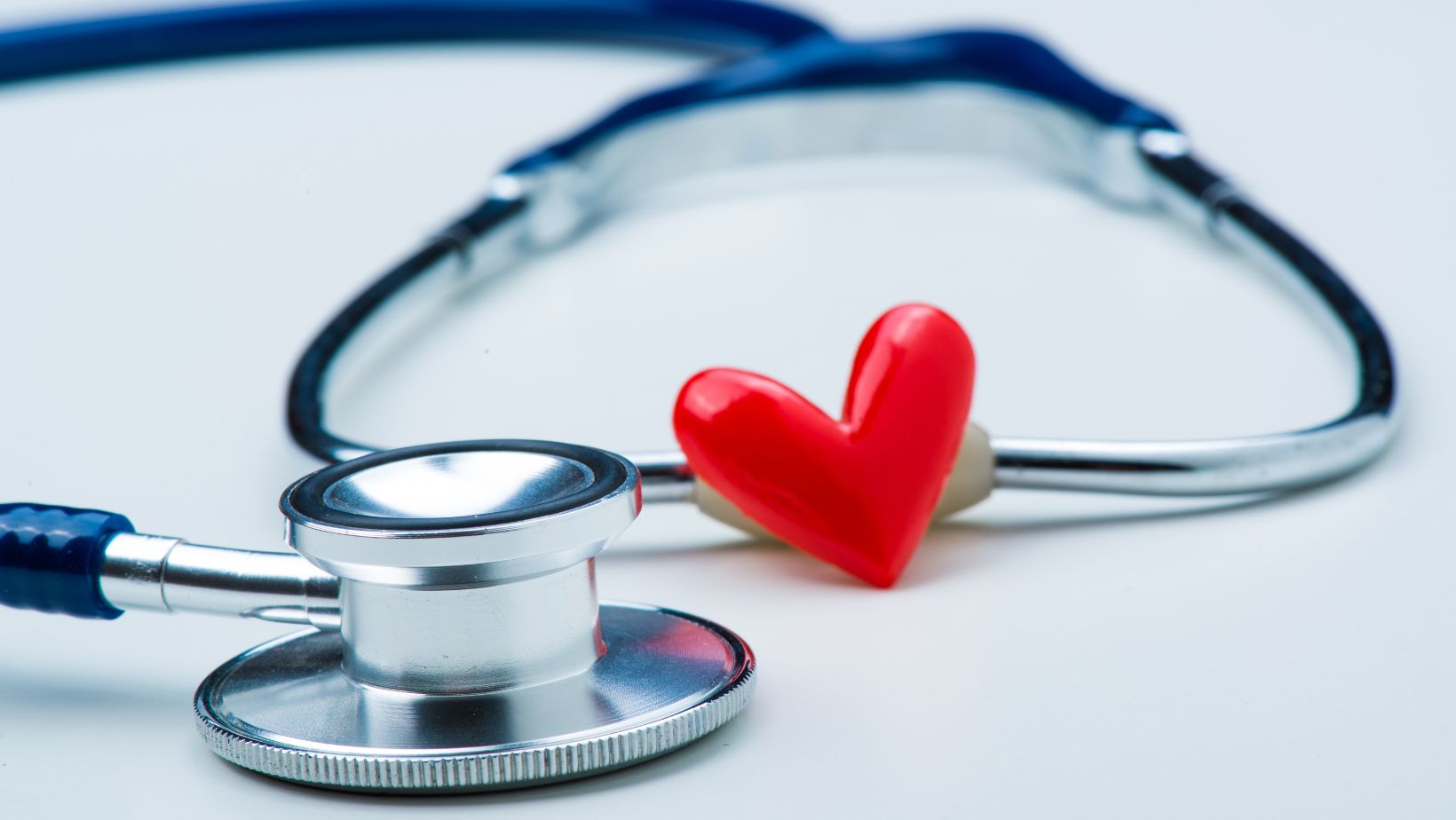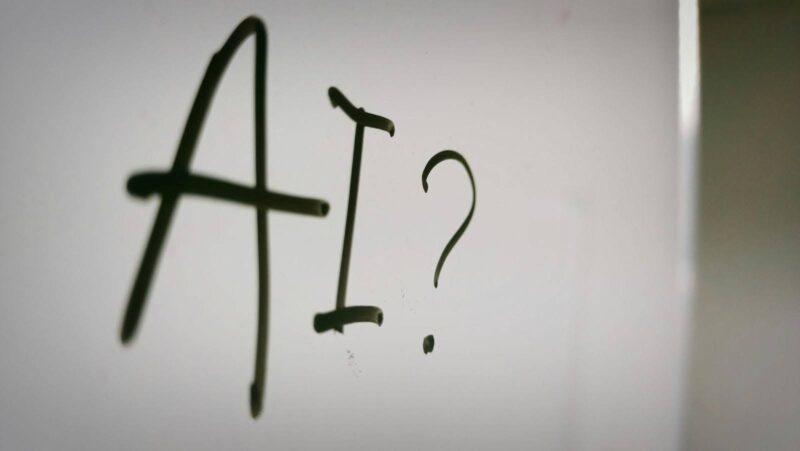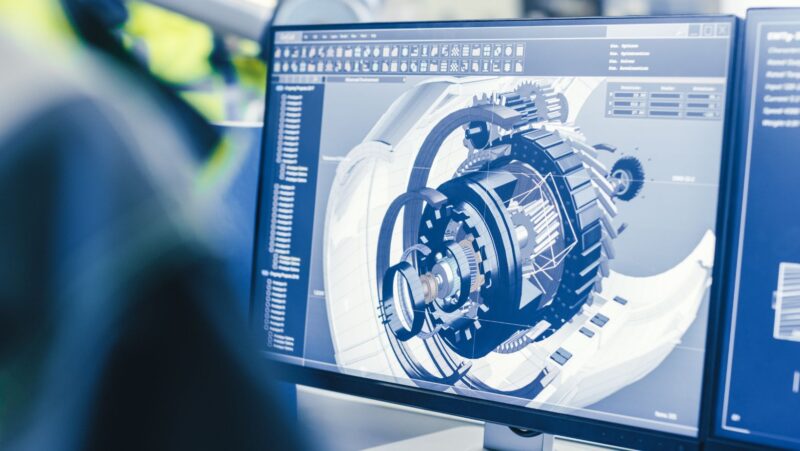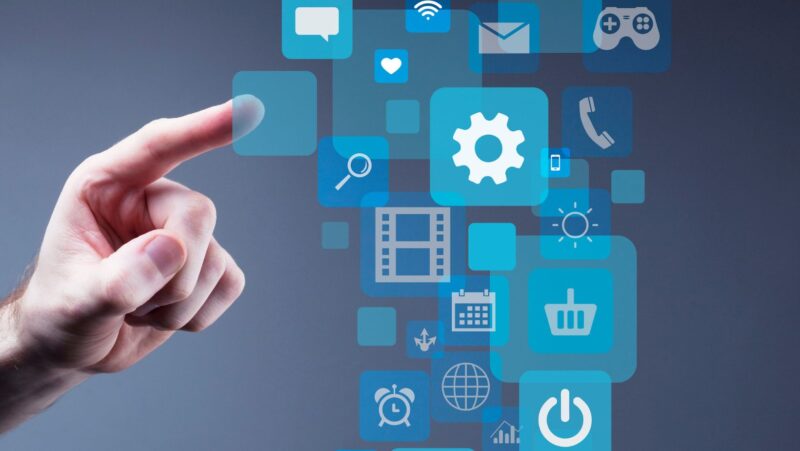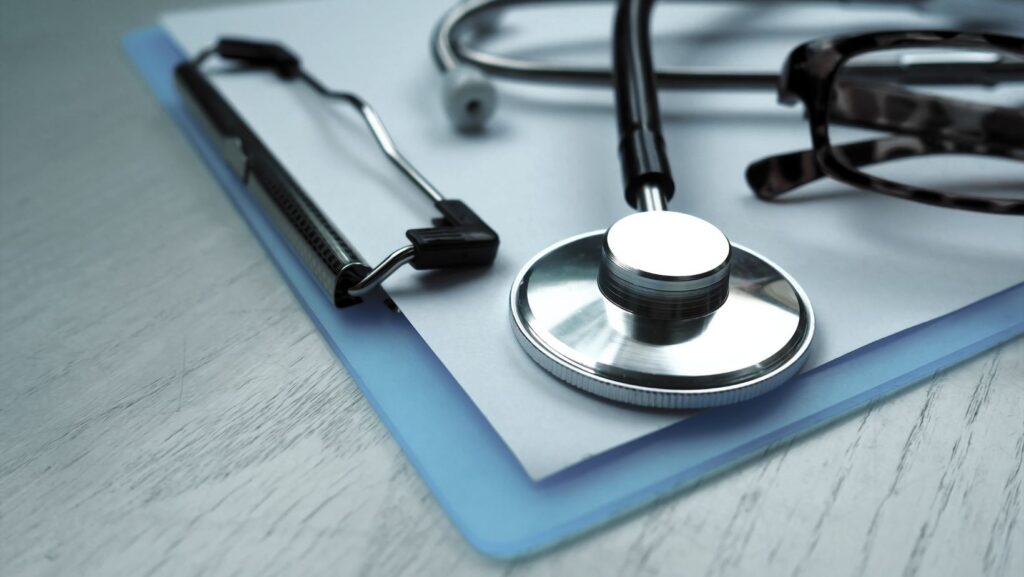
Healthcare is one of the most fundamental needs of human life. Yet, millions of people worldwide lack access to essential medical services due to financial barriers, inadequate infrastructure, or systemic inequalities. The belief that healthcare should be a human right is not just a moral stance—it is a necessity for a just and equitable society.
The right to medical care is closely linked to economic stability, education, and overall well-being, making it a critical issue for communities everywhere.
The Importance of Healthcare as a Human Right
Access to healthcare impacts every aspect of life. When people receive timely medical care, they are healthier, more productive, and better able to contribute to society. However, when healthcare is treated as a privilege rather than a right, disparities grow, affecting marginalized communities the most.
A society that prioritizes healthcare as a human right:
- Reduces preventable diseases and deaths
- Strengthens the workforce and economy
- Decreases healthcare costs in the long run
- Promotes equality and fairness
Without universal access to healthcare, individuals are forced to choose between medical treatment and other basic necessities such as food, housing, and education. This cycle of hardship reinforces inequality and makes it harder for disadvantaged communities to escape poverty.
The Barriers to Healthcare Access
While many countries recognize the importance of healthcare, significant barriers still exist, preventing equal access for all. These challenges include:
High Costs and Lack of Insurance
In many parts of the world, medical care is expensive, and without adequate insurance, people struggle to afford doctor visits, medications, and surgeries. Even in countries with public healthcare systems, long wait times and out-of-pocket expenses can be obstacles.
Geographic Inequality
Rural communities often lack healthcare facilities, forcing residents to travel long distances for treatment. Limited access to specialists, emergency care, and even basic medical services puts lives at risk.
Discrimination in Healthcare
Systemic inequalities mean that certain groups—such as low-income individuals, people of color, and those with disabilities—often receive lower-quality care or face discrimination in medical settings. Addressing these disparities is essential for achieving true social justice in healthcare.
Shortage of Medical Professionals
In many developing countries, a lack of trained doctors and nurses leaves millions without proper medical attention. Strengthening healthcare education and investing in medical professionals can help bridge this gap.
How You Can Help Support Healthcare as a Human Right
Addressing the issue of healthcare inequality requires collective action. Whether through advocacy, volunteering, or donations, individuals can play a role in making healthcare accessible to all.
Support Organizations Fighting for Healthcare Access
Many nonprofits and advocacy groups work to provide medical care for underserved populations. Supporting organizations that focus on healthcare access, such as Doctors Without Borders, local free clinics, and global health initiatives, can make a difference.
Advocate for Policy Change
One of the most effective ways to ensure healthcare is recognized as a human right is by advocating for policies that expand access. Contacting local representatives, signing petitions, and voting for leaders who prioritize healthcare reform can drive real change.
Raise Awareness About Healthcare Inequality
Sharing information about healthcare disparities helps bring attention to the issue. Whether through social media, community discussions, or public events, spreading awareness encourages more people to get involved.
Volunteer Your Time and Skills
Many healthcare organizations rely on volunteers to provide services, from administrative support to medical assistance. Even if you are not in the healthcare field, contributing your time to community clinics or awareness campaigns can have a meaningful impact.
Donate to Healthcare Initiatives
Financial contributions to medical aid organizations help fund treatment, supplies, and healthcare education. Every donation, no matter the size, contributes to improving lives and making healthcare more accessible.
Moving Toward a More Just and Equitable Future
The belief that healthcare is a human right is not just about medical treatment—it is about dignity, equality, and justice. A fair society ensures that everyone has access to the care they need to live healthy, fulfilling lives.
As the fight for social justice continues, prioritizing healthcare access is one of the most impactful ways to create lasting change. Whether through advocacy, education, or direct support, every action taken moves us closer to a world where healthcare is truly a right for all.


